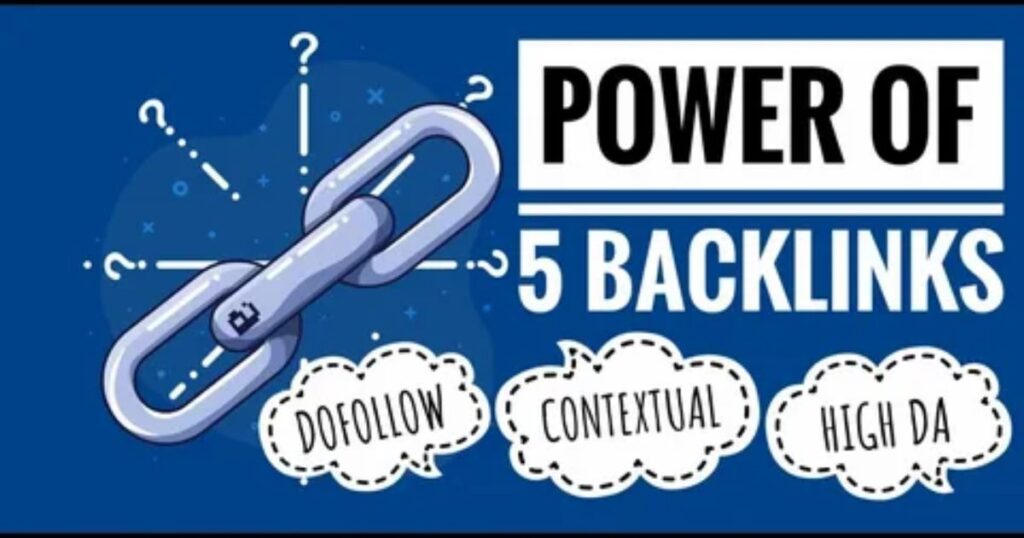In today’s digital landscape, securing a position on the first page of Google search results has become the cornerstone of online success.
As SEO expert David Aziz explains, achieving and maintaining top rankings requires a strategic approach combining various elements of search engine optimization.
This comprehensive guide explores proven techniques and insights that can help your website climb to coveted first-page positions on Google.
Why High-Quality Content is Essential
The foundation of successful SEO starts with producing high-quality content that genuinely serves your audience’s needs. David Aziz emphasizes that content quality directly influences search rankings and user engagement.
When creating content, focus on comprehensive coverage of topics, thorough research, and original insights that add value to your readers’ experience.
Addressing user intent remains paramount in content creation. Your content should anticipate and answer questions your target audience is likely to ask.
By developing content that aligns with search intent, you signal to Google that your website provides valuable information, leading to improved rankings and increased organic traffic.
Keyword Research and Optimization: The Cornerstone of SEO

Effective keyword research forms the basis of any successful SEO strategy. Using tools like Google Analytics and specialized keyword research tools, identify terms and phrases that your target audience frequently searches for.
The key lies in finding the perfect balance between search volume and competition level. When implementing keywords, focus on natural integration throughout your content.
Strategic placement in titles, headings, meta descriptions, and body text helps search engines understand your content’s relevance. However, avoid keyword stuffing, as it can negatively impact your rankings and user experience.
On-Page SEO: Optimize Your Website’s Structure
Implementing Effective On-Page Elements
On-page SEO optimization involves several critical elements:
- Title tags incorporating primary keywords
- Meta descriptions that drive click-through rates
- Header tags (H1-H6) for content structure
- Image optimization with relevant alt text
- Internal linking strategy
Content Structure and Formatting
Creating well-structured content enhances both readability and search engine understanding. David Aziz recommends organizing content with clear hierarchical structure, using appropriate heading tags, and maintaining consistent formatting throughout your website.
Technical SEO: Building a Strong Foundation
Technical SEO serves as the backbone of your website’s search engine performance. Essential technical elements include:
- Implementation of HTTPS for secure connections
- Optimization for mobile-first indexing
- Website speed optimization
- XML sitemap creation and submission
- Robots.txt configuration
Speed and Performance Optimization
Website speed significantly impacts both user experience and search rankings. Regular monitoring and optimization of loading times, image sizes, and server response times are crucial for maintaining competitive rankings.
Read This Post: Accelerate Innovation by Shifting Left FinOps, Part 2: Transforming Financial Operations for Growth
The Power of Backlinking for Authority

Building a strong backlinking profile remains crucial for establishing domain authority. David Aziz emphasizes the importance of earning high-quality backlinks from reputable sources within your industry. Focus on creating linkable assets such as original research, case studies, and comprehensive guides that naturally attract backlinks.
Building Sustainable Backlink Profiles
Developing a diverse and natural backlink profile requires a mix of strategies:
- Creating shareable, valuable content
- Building relationships with industry influencers
- Contributing guest posts to authoritative websites
- Participating in industry discussions and forums
Enhancing User Experience for Better Rankings
User experience plays a crucial role in search rankings. Websites that provide excellent user experiences typically see lower bounce rates and higher session durations. Focus on creating intuitive navigation, mobile-responsive designs, and easily accessible information to keep users engaged with your content.
Mobile Optimization Strategies
With the prevalence of mobile browsing, ensuring your website performs well on mobile devices is crucial. This includes:
- Responsive design implementation
- Touch-friendly navigation
- Optimized content display for smaller screens
- Fast loading times on mobile networks
Monitoring and Adapting Your SEO Strategy

Regular monitoring of your SEO performance using tools like Google Analytics and Google Search Console helps identify areas for improvement. Track key metrics such as:
- Organic traffic growth patterns
- Keyword position changes
- User behavior metrics
- Technical performance indicators
Continuous Improvement Process
SEO is an ongoing process that requires constant adaptation to changing search engine algorithms. Regular content updates, technical maintenance, and strategy refinement ensure your website maintains its competitive edge in search rankings.
Read This Post: Business Insight Shopnaclo: Simplifying Inventory and Sales Management
FAQs About Getting on the First Page of Google Search David Aziz
What makes high-quality content important for SEO?
High-quality content serves as the foundation for successful SEO by providing value to users and satisfying search intent. It naturally attracts backlinks, increases engagement metrics, and builds authority in your niche.
How does keyword optimization impact rankings?
Strategic keyword placement and optimization help search engines understand your content’s relevance to specific queries, improving your chances of ranking for targeted search terms.
What role do backlinks play in SEO success?
Backlinks serve as votes of confidence from other websites, signaling to search engines that your content is authoritative and trustworthy. Quality backlinks from relevant sources significantly impact your rankings.
How can technical SEO improve rankings?
Technical SEO ensures your website is easily crawlable and indexable by search engines, providing a solid foundation for other SEO efforts to build upon.
What metrics should I monitor for SEO success?
Key metrics include organic traffic growth, bounce rates, session durations, keyword rankings, and technical performance indicators available through Google Analytics and Google Search Console.

